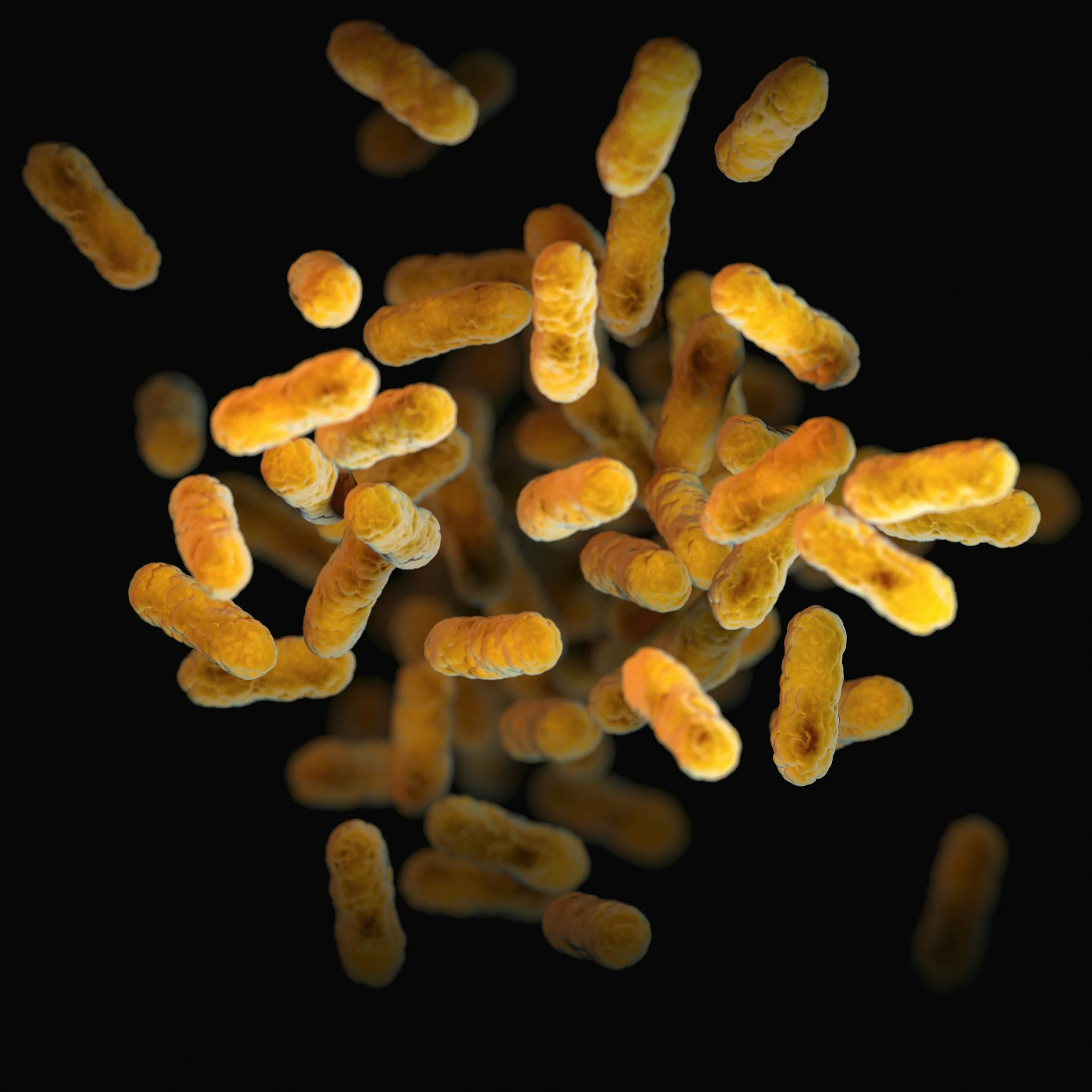
The Gut Microbiome: A Key to Healthy Aging
As we age, our bodies undergo significant changes, and the gut microbiome is no exception.
Aging and the Microbiome:
Dynamic Response: The gut microbiome is constantly adapting to our environment, diet, and lifestyle. Age-related changes in these factors can significantly impact the composition and function of the gut microbiome.
Complex Interactions: Aging-related shifts in the microbiome are driven by a complex interplay of factors, including:
Physiological changes: Declining digestive function, weakened immune response.
Lifestyle factors: Changes in diet, reduced physical activity, increased medication use.
Social factors: Reduced social interaction can also influence the gut microbiome.
Overlapping Processes: While some microbiome changes are associated with both aging and disease, others are unique to each.
A New Frontier in Therapeutics:
Personalised Interventions: Research is focused on developing personalised interventions to "reset" the gut microbiome and promote healthier aging.
Large-scale Studies: Large-scale metagenomic studies and advanced data analysis are crucial for identifying key microbiome signatures of healthy aging.
Microbiome modulation through prebiotics, probiotics, and dietary interventions shows promise in promoting healthy aging. Probiotic strains such as Bifidobacterium longum and Lactobacillus rhamnosus have been linked to enhanced immune function and reduced inflammation in older adults.
The Future of Gut Health in Aging:
Effective interventions will likely involve a combination of dietary modifications, targeted microbial restoration, and lifestyle changes.


